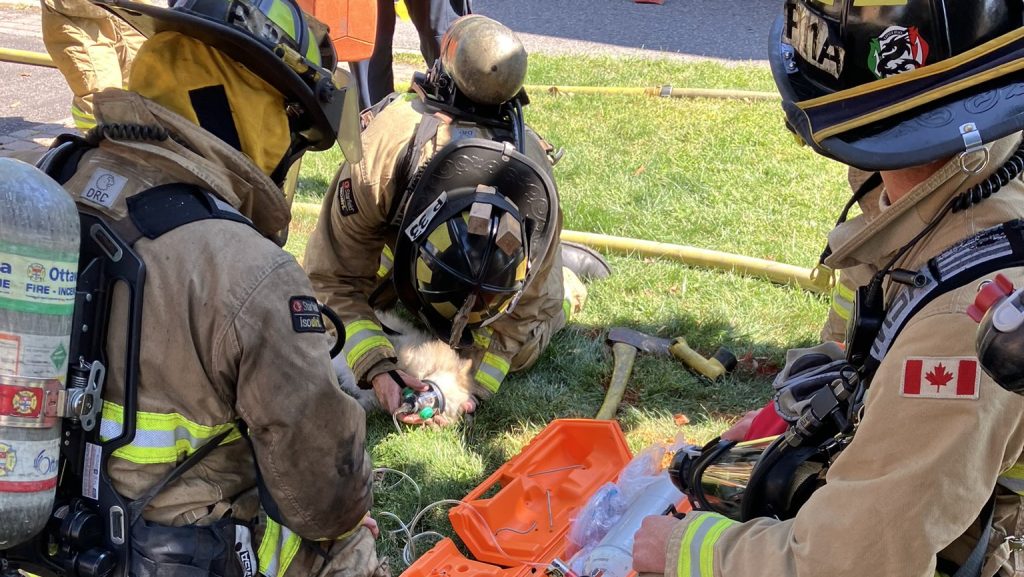LCBO post-deal fight resolved, stores set to reopen on Tuesday
Posted Jul 20, 2024 09:11:33 AM.
Last Updated Jul 21, 2024 04:02:34 PM.
A fight after a tentative deal between the LCBO and unionized workers has been resolved, clearing the way for stores to reopen on Tuesday.
Representatives for both sides of the dispute confirmed Saturday morning the impasse had ended.
The deal was reached Friday afternoon and it came two weeks after more than 9,000 LCBO workers represented by the Ontario Public Service Employees Union (OPSEU) walked off the job.
However, just hours after the tentative agreement was reached, OPSEU representatives said the strike would go on as the LCBO refused to sign a return-to-work protocol.
LCBO officials came back to say after the agreement was reached the union came back with “significant new monetary demands” as part of the return-to-work protocol and it would file an unfair labour practice against OPSEU.
JP Hornick, the president of OPSEU, disputed that assertion, saying the standard return-to-work protocol they submitted was one they have used to settle the past three strikes they have been involved with.
Saturday’s statement from the LCBO said the return-to-work protocol signed by both parties does not include any “new monetary items.”
Workers ratified the new three-year deal over the weekend and will return to work on Monday. Stores will be open to the public starting Tuesday.
A major sticking point for the union had been the expansion of ready-to-drink beverages into grocery and convenience stores.
However, the Ford government doubled down on the issue, speeding up its timeline to allow licensed Ontario grocery stores to order and sell ready-to-drink alcoholic beverages and large beer pack sizes ahead of schedule (July 18 instead of Aug. 1).
The LCBO published details of the agreement that includes an eight-per-cent pay raise over three years, up from seven per cent in the initial offer. As well, 1,000 casual employees will now become permanent part-time and an additional 60 full-time employees will be hired in warehouse operations. There will also be no store closures for the length of the deal.
On the issue of expansion of ready-to-drink beverages into grocery and convenience stores, a non-binding committee made up of union and management will be created to determine how best to implement those plans.
“In the coming days, Ontarians can once again shop at the LCBO knowing that their purchases are actually an investment into the very public services Ford is hell-bent on slashing,” an OPSEU statement issued Saturday morning said.
In a statement on Friday, industry group Restaurants Canada congratulated the LCBO and OPSEU on reaching the tentative deal, noting roughly 14,000 locations in the province’s food-service industry rely on alcohol sales for their revenue.
“Our operators are breathing a sigh of relief,” said Kelly Higginson, president and CEO of Restaurants Canada. “The past few weeks have been extremely challenging during this critical time of year. The support of our industry by the Ford government during this strike is appreciated.”
The Tourism Industry Association of Ontario also welcomed the tentative agreement after it had called for an end to the strike earlier this week, citing its impact on tourism and hospitality businesses.
“Our collective attention must now focus on the work needed to return to regular operations as soon as possible to ensure the critical summer season can bounce back,” association president and CEO Andrew Siegwart wrote in an emailed statement.








